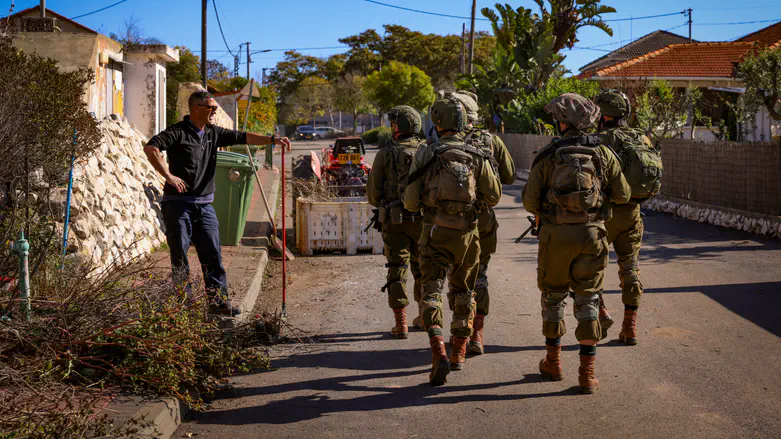
Following the Israeli military operation in Iran, the IDF’s Military Rabbinate has issued detailed guidelines for soldiers and commanders regarding conduct on Shabbat during emergency situations.
The purpose of the guidelines is to ensure adherence to Jewish law while fully addressing operational security needs.
At the outset, the directive states: “The State of Israel has launched an offensive in Iran – all necessary actions for the success of the operation must be carried out on Shabbat, even until its conclusion.”
Key points from the guidelines include:
1. Air Force units and supporting systems will continue normal operations throughout Shabbat.
2. In the event of civilian or military casualties, full rescue and evacuation operations should proceed as they would during any Shabbat emergency.
3. Combat forces in all active sectors, including Gaza, will continue their missions as required operationally.
4. Soldiers must adhere to all defense directives, including the cancellation of prayers or gatherings as necessary.
5. Training activities on Shabbat require approval from the command’s rabbi and must be justified by urgent operational needs.
6. Construction and logistical preparations are permitted for combat purposes, preferably completed before Shabbat begins.
7. Soldiers must remain on-call throughout Shabbat; commanders will initiate contact only if operationally necessary.
8. Emergency mobilization kits should be prepared in advance, including items classified as muktzeh. If not, handling is permitted with a modification in manner.
9. No updates to military records should be made on Shabbat unless operationally essential; reports should be pre-prepared.
10. Equipment should not be removed without an eruv unless there is no risk involved. Essential items such as weapons and vests may be carried.
11. Food and drink preparations must be made ahead of time. Cooking on Shabbat is prohibited except in emergencies with approval; boiling is allowed only by a non-Jew or with a halachic modification.
12. Transporting cold water and ice on Shabbat is permitted in enemy territory to prevent dehydration.
13. In cases of doubt, soldiers should consult their unit rabbi, command rabbi, or the Military Rabbinate hotline.
The Rabbinate stressed that in any situation involving potential danger to life, action must be taken immediately without delay.
Source link
2025-06-13 12:17:00





